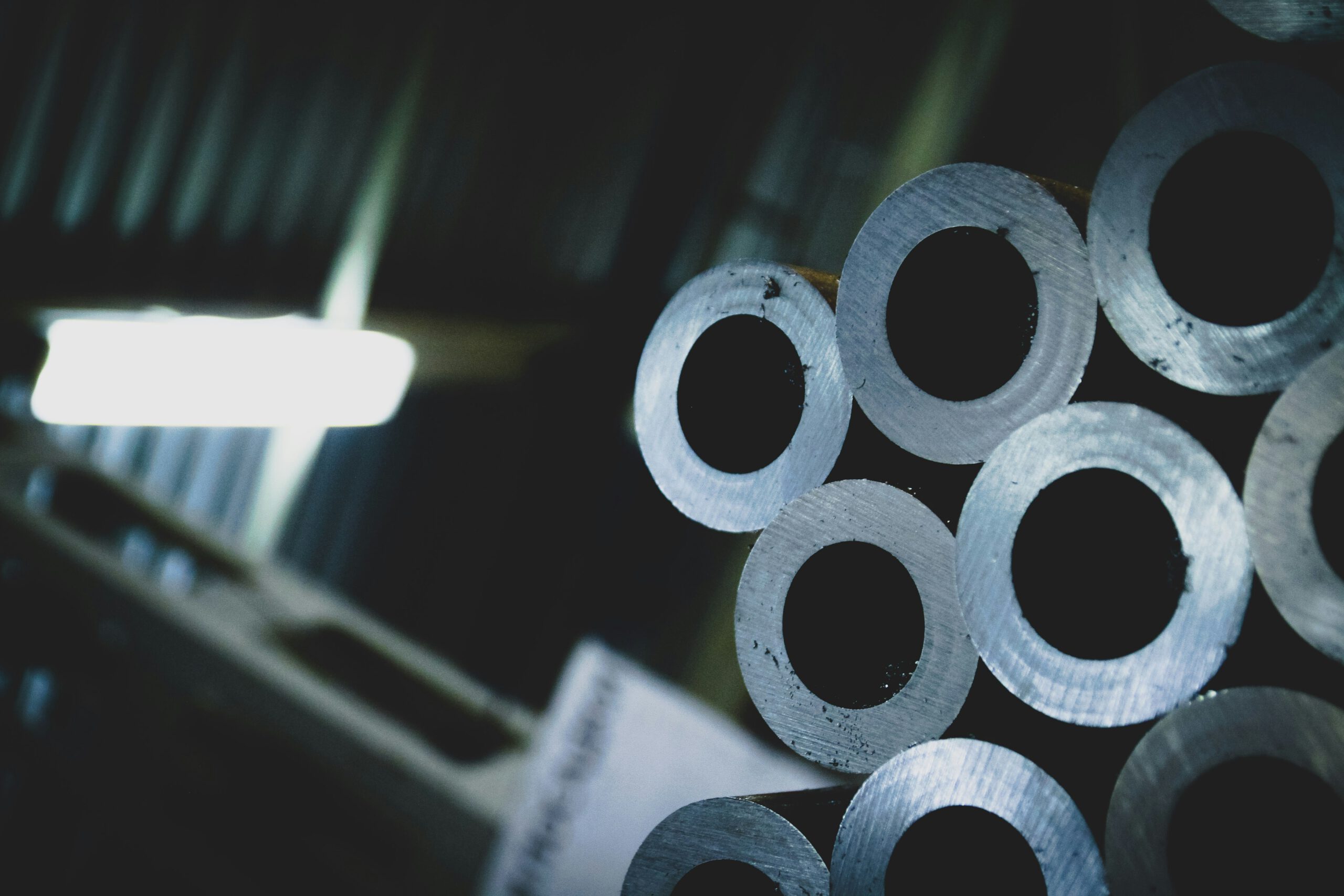

Filter by:
-
Accelerating research into low-emissions steelmaking
Media release, 16 February 2022 Wellington UniVentures, New Zealand Steel, Robinson Research Researchers at Robinson Research Institute collaborate with Wellington UniVentures and New Zealand Steel to decarbonise steel. Researchers at the Robinson Research Institute have developed a novel technology which uses hydrogen instead of coal to produce iron and steel, a breakthrough step in New Zealand’s
-
It’s tough making predictions, especially about the future
CEO Rick Osborne updates the Australian steel sector on what’s happening in New Zealand. This piece ran in the December 2021 edition of the Australian Steel News (page 6) The Climate Change Response Act 2002 requires the New Zealand government to publish an emissions reduction plan by 31 May, 2022 setting out how the country
-
Metals NZ welcomes our new CEO
Media release 3 November 2021 Metals New Zealand is pleased to announce the appointment of Rick Osborne as the new Chief Executive. Rick has a track record of executive leadership roles in large, complex organisations including Telecom, Fonterra, Air New Zealand, Fletcher Building and most recently, Head of Commercial and Corporate Affairs, Māori Television. A
-
Manufacturers can operate safely in future pandemic
In this article published in subscriber channel Inside Resources, editor Gavin Evans reports on Metals NZ and Concrete NZ’s presentation to the the transport and infrastructure select committee on 21 October, 2021. The piece discusses how concrete producers and other building suppliers can operate safely during a future pandemic and the Government needs to shift
-
There is no timber first-policy
“There is no ‘timber-first’ policy. There is a policy to reduce the carbon impact of government buildings.” This is Minister for Economic Development, Government Procurement and Forestry Hon. Stuart Nash’s response to written parliamentary questions from Opposition spokesperson for Construction Tim van de Molen, inquiring into the government’s timber-first policy in June 2021. The minister
-
Infrastructure for a better future
The Infrastructure Commission, Te Waihanga’s proposals to extensively overhaul the way New Zealand’s infrastructure is planned, prioritised and built, is an impressive, comprehensive and thought-provoking document. Aptly titled He Tūāpapa ki te Ora, Infrastructure for a Better Future the discussion document sets a proposed direction for a 30-Year Infrastructure Strategy, which is being developed – covering how
-
Building Code change drives warmer, drier, environmentally friendly homes
Every year MBIE consults on the Building Code. This year’s proposed changes aim to make homes and buildings warmer, drier and healthier, with less impact on our environment, while also bringing New Zealand more in line with international standards. Metals New Zealand in partnership with the National Association of Steel Framed Housing Inc (NASH) has submitted
-
What’s wrong with phasing out fossil fuels in process heat
Metals New Zealand members are committed to reducing greenhouse gas emissions over the coming decades and support a just transition to a low-emissions economy as is the goal of Climate Change Response (Zero Carbon) Amendment Act 2019. However, Metals members are hugely disappointed at the Ministry for the Environment’s approach in its focus on regulating
-
Building a low-carbon and resilient tomorrow
This opinion editorial featured in BusinessDesk on 13 May 2021 By Rob Gaimster, chief executive of Concrete New Zealand and Nick Collins is chief executive of Metals New Zealand. We believe that Red Stag Timber chief executive Marty Verry’s recent opinion piece in BusinessDesk, asserting Cross Laminated Timber (CLT) is better than steel and concrete,
-
Embracing light steel frame as alternative to timber
Uncertainty around timber supply for residential construction shows how the fortunes and future of New Zealand’s construction and manufacturing sectors are inextricably linked. Our residential construction supply chains are not resilient, with an over reliance on one material. Firstly, there are credible and cost-effective alternatives to timber. Light steel frame construction has been available in